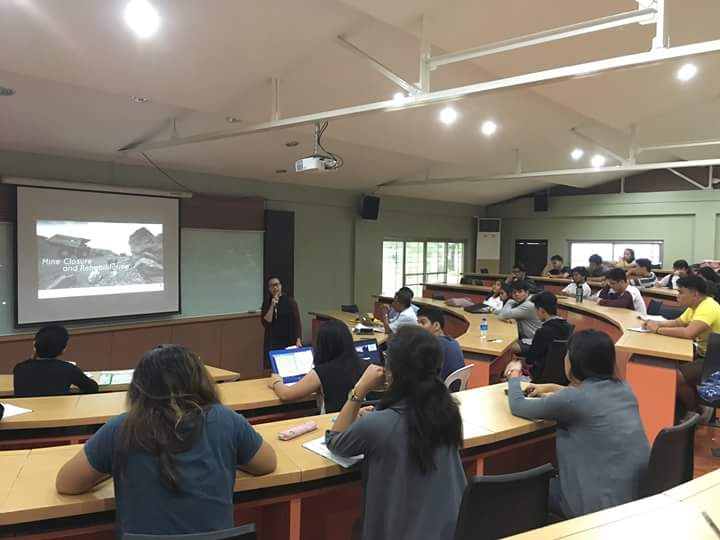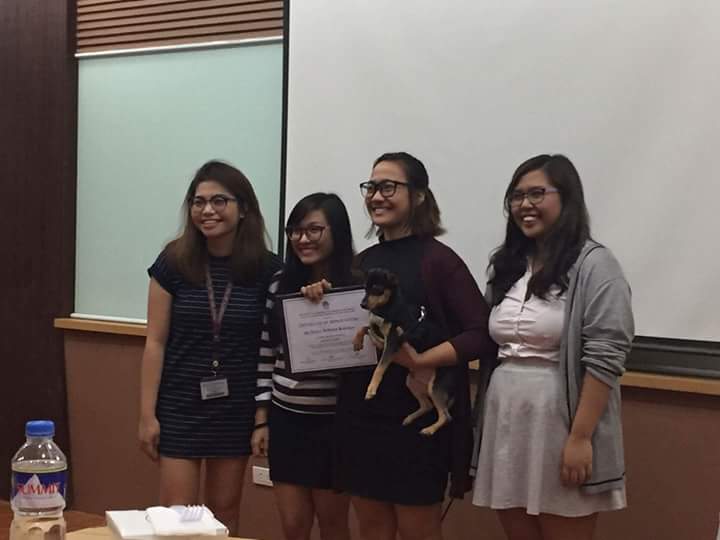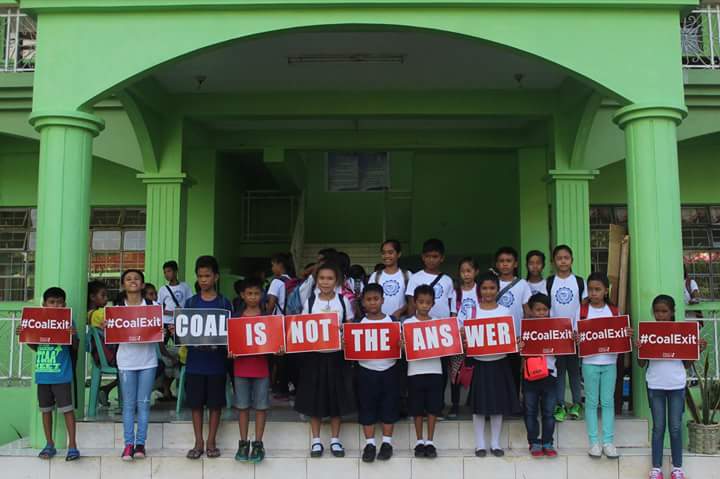By: Zaira Patricia Baniaga
Few days before September ends, we were stunned by the news about a farmer who was shot dead at a point blank range by one of the “Blue Guards” of Bureau of Animal Industry (BAI). The farmer was identified as Arnel Figueroa—an active peasant leader who is known for his involvement in the call for the distribution of land farms in Coron, Palawan. If we are going to think about it, this is just one of the many cases of farmer killings and land grabbing happening in the country for so many years. But what makes this a lot more different? They are not just victims of impunity but victims of the escalating crisis in the world’s climate too.
Philippines is known as one of the tropical countries in the world with so much potential to grow different kinds of crops. On the other hand, due to abnormal climatic conditions—specifically the phenomenal, delayed and prolonged El Nino season which ended just this July giving us more or less than a month to harvest the crops before La Nina hits the country; our farmers do not have enough income to even feed their families.

These climatic abnormalities are not just mere change in natural climatic patterns. These are caused by anthropogenic practices due to industrialization and other activities that contribute to the greenhouse gas emissions in the atmosphere which later on causes fewer but a lot stronger typhoons coming in a year.

And just a heads up, September just ended and La Nina is already hitting the country. Everyone here can be affected but what are we doing to prepare ourselves? Are we ready for another Ondoy, Yolanda or even just another type of Habagat? Or do we really never learn from our past experiences as a nation?
As part of the so-called today’s millennial, I am more than bothered that this country does not give as much attention in the issue of the escalating crisis of climate. As you can see, what we have right here is an administration deeply obsessed on its war on drugs campaign who first disregarded the historic Paris Climate Agreement. But don’t get me wrong—as a climate justice campaigner, I do not believe that the said global agreement can fully resolve the climate crisis the world is facing now. And after all, President Duterte is right—we are not going to let our industrialization be hindered and dictated by those countries that have already industrialized themselves. But my dear president, industrialization need not be dirty! It does not automatically mean that we have to use coal to arrive at our goal. More than being industrialized, we want a nation where humans and other species are safe to live in.

If we are experiencing super typhoons with almost 315 km/h or the likes of Yolanda, tornadoes and even hail and we are not acting as much as we need, then what is it more that the age of millennial should expect in the next 10 to 20 years? Yes, call me a typical millennial—entitled, privileged and demanding. But hey, I don’t think there is anything wrong for being entitled for a safe and a healthy place to live in and for demanding this country to turn its back to those mechanisms that can pollute the environment and affect the lives of the communities as early as today.
Most importantly, the age of millennial are more privileged than you think, for we—are the most important stakeholders of every single thing this nation invests today for the youth are the ones harvesting all of them in the future.
Zaira Patricia Baniaga is a fresh graduate from the University of the Philippines-Diliman with a degree in Bachelor of Arts Broadcast Communication. She is the current Media, Information and Communications Staff of the Philippine Movement for Climate Justice and is the incumbent Chairperson of KAISA-Nagkakaisang Iskolar para sa Pamantasan at Sambayanan– the only university wide political org in her university actively participating in the fight for Climate Justice.
